Purposeful Development, Customer First, and Motivation
Daniel Pink wrote a great book called “Drive - The surprising truth about what motivates us.” Is it money that motivates us? It turns out that money is not a motivator for people, to the extent that people need to be paid enough to take the issue of not having enough money off the table. (Which according to this study is about $75,000 USD/year.) If not money, what then does motivate people?
According to Pink’s work, people will feel more compelled to jump out of bed and run to work when they have autonomy, they are self-directed, mastery they can continue to get better at what they do, ‘master’ their craft, whatever it may be, and purpose. (Here’s Pink’s short 15 minute video about the key points of autonomy, mastery and purpose which you may enjoy if you don’t have time to read the full book.)
Profits without purpose
A Product Owner creating a shared understanding of what the team will be building, inspiring and motivating the teams by getting everyone involved in creating the product vision, is tremendous fuel creating the compelling purpose.
When profit becomes unhinged from purposeful development (for example, that the sole purpose of the firm is to please shareholders rather than the customers) we can see that bad things start to happen. See William Lazonick’s 2014 award winning article on “Profits without Prosperity”, and the associated video calling for an end to stock buybacks and executive compensation binges.
True value for the customer
Roger Martin takes this idea further in his book “Fixing the Game.” The "game" to he refers to is an economic system based on theories that assume that "focusing on shareholder value maximization using stock-based compensation" this will give shareholders a better deal, when, in fact, these theories "have the ability to destroy our economy and rot out the core of American capitalism." The fixing that he urges is to shift from an expectations game to the re-establishment of a real market: the true value to the customer.
If you do not have time to read the whole book, there’s a 6-pager HBR report called the Age of Customer Capitalism. The danger of focusing on shareholder value vs customer value is that we might miss out on the customer. If we focus on creating value for the customer, real purpose for our product, the shareholders will win out in the end. The first step is to shift the companies focus back to the customer.
Customer first
Here is a recent example of where Product Owners help make this shift from “profit” to “purpose”: Product Owners from a company we are working with wanted help on their innovation program. This program was driven by a need to be “better than the competition”, however this focus wasn’t on the customer. Shifting the focus back to the customer, over a series of customer-focused interviews, looking for areas where customers were not happy, were pleased, why they were upset, etc., offered teams the opportunity to design solutions that could better serve the customer (and innovate!) These types of customer-focused interviews and resulting design/development work to please them begin to create a culture where customer-first is what is expected.
Photo by http://401kcalculator.org via Flickr, CC Licence Info

